Bangabandhu-1 set for May-10 launch to orbit
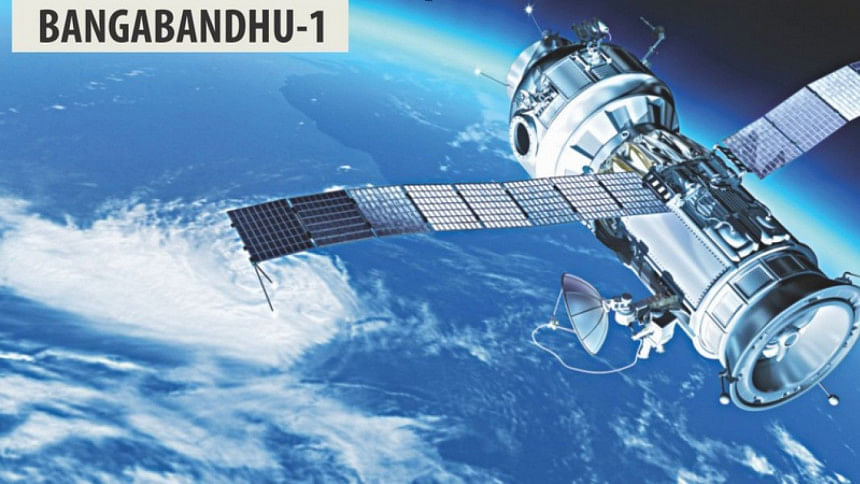
All technical preparations have been successfully done to send the country's first communications satellite Bangabandhu-1 to its orbit on May 10 US local time or May 11 Bangladesh standard time if weather favours.
“We have received positive responses from the launching company Space Exploration Technologies Corporation [SpaceX] today [yesterday] and the countdown has started for Bangladesh to enter the satellite club,” Shahjahan Mahmood, chairman of the Bangladesh Telecommunication Regulatory Commission (BTRC), told The Daily Star.
Weather is always a challenge for launching satellites and without it there are no other issues left before Bangabandhu-1 is put into its orbital slot on 119.1 degrees east, Mahmood added.
“We are about to enter a new era and all 16 crore people are eagerly waiting to be a part of that glory,” he observed.
The country's first geostationary communications satellite would be launched by Falcon 9 rocket, which has also been found okay to carry the satellite from Cape Canaveral launching pad of Florida, USA.
Earlier on May 4, a Falcon 9 rocket was test-fired and after analysing the data collected from the test the final date has been fixed, said satellite project related officials.
After getting the fresh date from SpaceX, a high-powered government delegation flew for Florida yesterday evening to be a part of the launching programme.
Prime Minister's ICT Affairs Adviser Sajeeb Wazed Joy, who is now in the USA, would lead the delegation.
The 3.7-tonne satellite, built by Thales Alenia Space, a France-based satellite company, was supposed to be launched in December. But the date has been deferred several times due to inclement weather and technical reasons.
Bangladesh is going to be the 57th country in space once Bangabandhu-1 is launched.
In November 2015, the BTRC signed a $248-million deal with Thales to manufacture and launch the satellite. Earlier in January the same year, BTRC bought a slot from Russian satellite company 'Intersputnik' for $28 million to launch the country's first satellite.
The project was initially worth Tk 2,967 crore, which was later revised down to Tk 2,765 crore. Of the amount, the HSBC Bank supplied €155 million or approximately over Tk 1,585 crore and the rest came from the government.
Talking about the advantages of being in the satellite club, project officials said it would immensely contribute to the country's digital advancement.
Currently, Bangladesh meets its demand for satellite connectivity by renting bandwidth from foreign operators which costs the country about $14 million a year. Once launched, Bangabandhu-1 will save the foreign currency expenditures.
It will also improve the Direct to Home (D2H) services, making people's access to worldwide TV entertainment faster and easier.
Bangabandhu-1 will have 40 transponders and three of them would be used for broadcasting TV channels.
The country's remote parts -- haors, coastal areas and deep-sea zones -- will also have impressive internet connectivity. It will also be helpful for distance learning, treatment and improvement of weather forecast facilities.
The satellite will be a game changer in rescue operations after natural disasters, said the BTRC chairman.

 For all latest news, follow The Daily Star's Google News channel.
For all latest news, follow The Daily Star's Google News channel. 

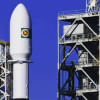
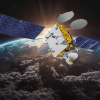
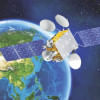
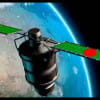



Comments